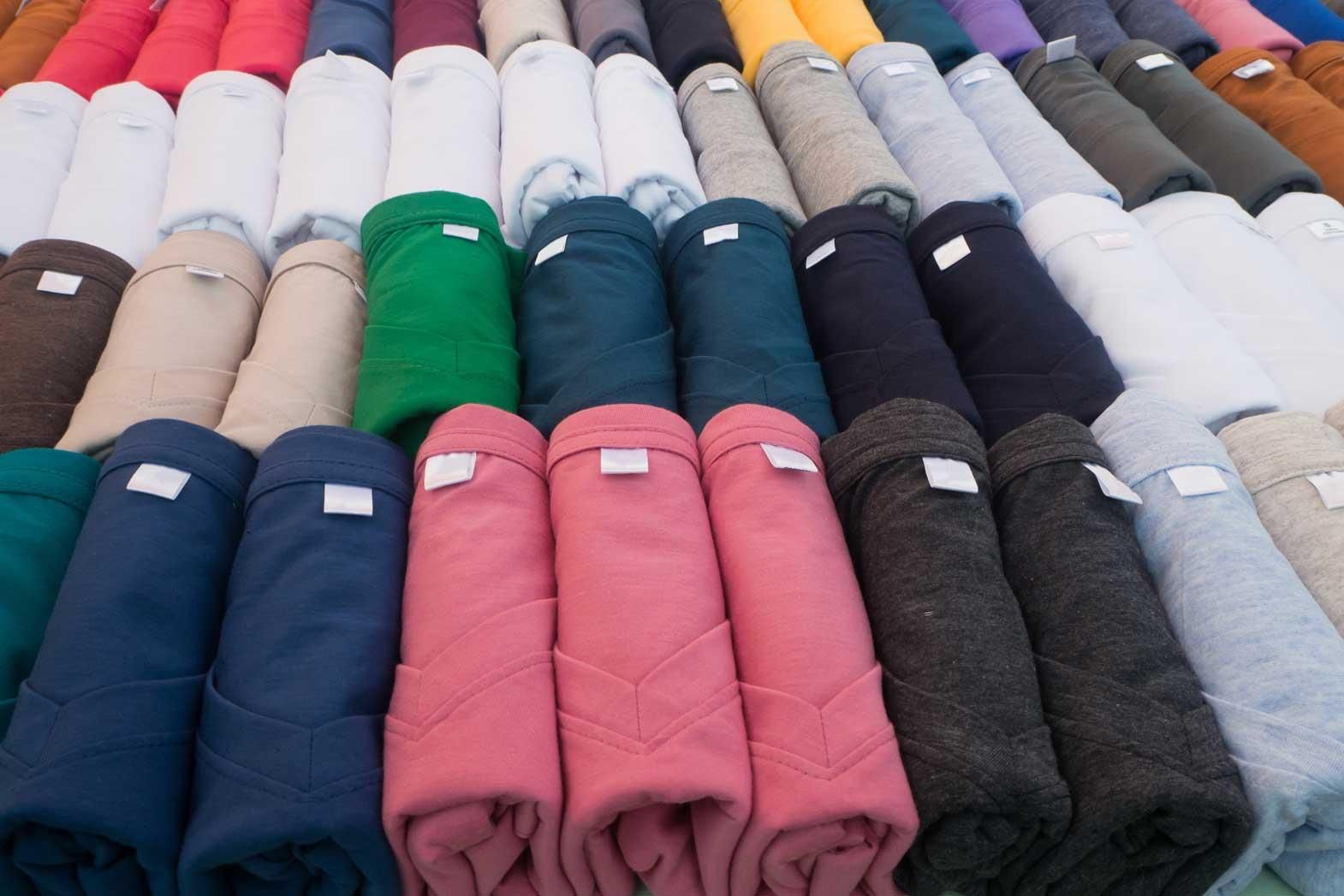High-street labels like Armani, Gucci & Zegna roll out made-to-measure outfits to suit unshapely Indians
It was only a matter of time before they hit the middle ground. But the Italians were uncompromising to begin with - in such things Rome draws the line, they said - and fervently hoped Indians would lose the stomach for anything bigger.We held on, now the Italians are back, with a tape and a tailor in tow.
In a nutshell, ladies and gentlemen, that's how the Armanis, Guccis and theZegnas of Italian high-street fashion lost their war with the stubborn Indian potbelly as they set out to clothe one of the biggest emerging markets for Rs 1lakh-plus suits and trousers. As the realisation sunk in that India's wealthiest men - from Alta mount Road's pedigreed industrialists to Gurgaon's nou veauriche builders - are so unshapely for their dapper ready-made suits, the Romans have decided to stretch that famous Italian stitch a bit more.
Enter MTM (made-to-measure) offerings - clothing that is sewn to fit each customer individually. A typical Armani or Zegna suit will come for Rs 1 lakh,if you are unwilling to go easy on the desi ghee stuff, no problem, but be willing to shell out Rs 30,000 more for an MTM one of your favourite brand.
Armani,Gucci, Zegna, Corneliani, Canali, you name it, the MTM offering comes alongside these days, even for the very British Burberry's.
Big demand for 48-52 waist sizes
Canali, which is a popular brand among the youth, had a team of stylists fly down from Italy for an MTM event recently.
A store manager told ET the average Indian waist size is between 40 and 44inches, but there is a big demand for larger sizes between 48 and 52."Many of my clients, which include top businessmen whom I cannot name,order suits and have to wait for two months for them to be delivered from Italy, and they pay 20-25% more," he says. "Most of the classic luxury menswear brands get 50-52 sizes in India," says Salesh Grover,business head of OSL Luxury, a Delhi-based firm that sells Corneliani.
"When a shopper spends that kind of money to buy a suit, he does not mind paying 20-25% more for made-to-measure to get that perfect fit," says aZegna spokesperson in India. Zegna is aggressively promoting itsmade-to-measure suits. "This service will help us reach out to consumers in markets where we do not have stores," Gildo Zegna, chief executive of Ermenegildo Zegna, which has a 51:49 joint venture with Reliance Retail in India, had told ET in an interview a month ago.
Corneliani has begun to offer its customers a range of fabrics that are sent to its headquarters in Mantua, where the garment is cut, sewn and delivered in three weeks at a starting price of Rs 1.25 lakh, costlier than ready-to-wearpieces. An MTM usually comes with the personalised service offered by the staff, a selection of fabric, stitching at the headquarters, and also the client's initials at times.
The
Indian apparel market is currently estimated to be around Rs 1 lakh crore, of
which about Rs 30,000 crore is ready-to-wear. "Of the total western
ready-to-wear market, menswear segment is around 80%," says Atul Chand, chief
executive officer at Wills Lifestyle.
Giorgio Armani gets a lot of shoppers who walk in at the brand's store hoping
to walk out with ready-to-wear suits, but not everyone gets lucky. "We
have a lot of shoppers who get upset when the sleeves of a jacket are longer
than their hands or shoulders are uncomfortably tight. Even the paunch comes in
the way of a perfect fit and then they complain that the brand is not for
them," says a store manager, adding, "Very subtly, we then introduce
them to our MTM offering, which works well both for the brand and the
client."
Gucci has also launched its MTM service last year. The brand offers clients
fabrics from an exclusive selection; the service provides for customisable
options with finishes and details and allows for personal tailoring according
to the client's individual measurements.
So far, local tailors, designers and home-grown menswear brands have been
addressing the market. "Made-to-measure is for people looking for a
certain degree of personalisation or for whom their body is a challenge,"
points out designer Raghavendra Rathore.
Indian designer wear is more affordable compared to international luxury brands
in terms of the overall bill size. A made-to-measure suit by an Indian designer
can be bought at Rs 50,000 or even less, compared to Rs 1 lakh and above for a
suit by a foreign brand.
"Culturally, Indians are used to personalised tailoring. Also, since India
is a diverse country with different shapes and sizes, it is imperative for the
brands to find solutions to cater to a heterogeneous set of customers,"
says Saba Ali, India representative for Altagamma.
Luxury clothing brands do not discuss clients, but many of them admitted in
private that the biggest challenge is not demand, but the body shape of Indian
men and women.
"But the future looks bright. The next generation wants to look fit, and
is working out in gyms and elsewhere. They are also affluent and upwardly
mobile," says Mehul Choksi, chairman of Geetanjali group, who gets all his
luxury suits stitched abroad. "We get men above 35 years of age who want
to be fitter, but the awareness level is very low. Studies show that Indians
need to exercise seven times more in a week than their global counterparts to
be at par with them. So, at present, brands are adapting themselves to
different Indian sizes and shapes, rather than shoppers working on their
bodies," says Vikram Bhatia, managing director of Fitness First gyms.
This article was originally published in the Economic Times dated 11th April, 2013, written by Vijay Rathore, associated with the Economic Times Bureau, New Delhi.








Comments